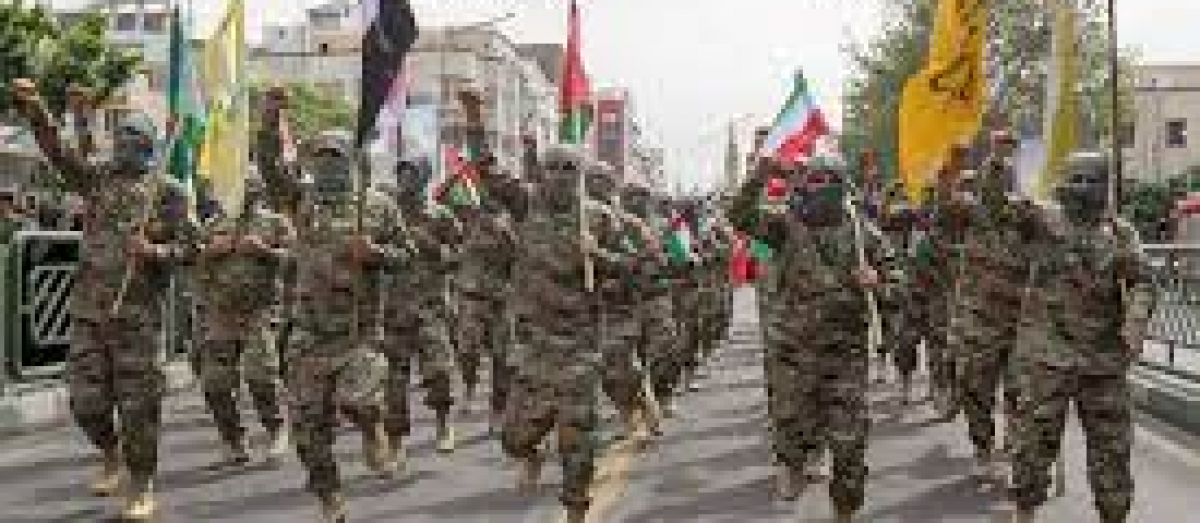The Joint Comprehensive Plan of Action (JCPOA), signed in 2015, was a pivotal moment in the complex dance of diplomacy between the United States and Iran. While not a panacea for all issues, its primary focus was clear: to curtail Iran’s nuclear ambitions and foster a more stable international environment. However, the subsequent withdrawal by the Trump administration in 2018 had far-reaching consequences, leaving the relationship between the two nations strained and casting doubt on the reliability of diplomatic agreements.

The JCPOA: A Delicate Balancing Act
The JCPOA was never intended to be a comprehensive solution to all the challenges posed by Iran’s actions in the region. Instead, it carved out a specific mandate: to prevent Iran from acquiring nuclear weapons. Critics argued that the agreement didn’t address Iran’s support for terrorist groups or its regional activities, but these were separate issues deliberately set aside to focus on the immediate nuclear threat.
1. Nuclear Non-Proliferation:
The primary objective of the JCPOA was to curb Iran’s nuclear program, imposing strict limitations and monitoring mechanisms to ensure compliance. The International Atomic Energy Agency (IAEA) was granted extensive access to Iranian facilities, providing a level of transparency previously unseen.
2. Building Trust:
The agreement was seen as a starting point—a foundation upon which future discussions and agreements could be built. Its success hinged not only on its technical provisions but also on the gradual restoration of trust between the U.S. and Iran.
Trump’s Decision: Unraveling the Agreement and Trust
The abrupt withdrawal of the United States from the JCPOA in 2018, spearheaded by the Trump administration, shattered the delicate equilibrium that had been established. The decision was met with criticism from the international community and left both Iran and the other signatories grappling with the consequences.
1. Distrust and Diplomacy:
The withdrawal created a perception that the United States, despite being a party to the agreement, could not be relied upon to honor its commitments. This distrust reverberated not only in U.S.-Iran relations but also among the international partners who had brokered the deal.
2. Escalating Tensions:
The void left by the withdrawal intensified regional tensions, as Iran felt justified in resuming certain nuclear activities previously restricted by the agreement. The reimposition of economic sanctions by the U.S. further strained the relationship, pushing Iran to seek alternative avenues to address its economic challenges.
The Way Forward: Rebuilding Trust and Beyond
In the wake of the U.S. withdrawal, the remaining JCPOA signatories, including Iran, sought to salvage the agreement. Diplomatic efforts were underway to revive and strengthen the accord, recognizing its value as a tool to prevent nuclear proliferation.
**1. *Diplomatic Initiatives:*
Efforts to revive the JCPOA gained momentum, with ongoing negotiations aimed at addressing concerns and updating the agreement to reflect the evolving dynamics of Iran’s nuclear program.
2. Rebuilding Trust:
Rebuilding trust is a complex process that goes beyond the confines of a single agreement. It requires a commitment to open dialogue, a shared understanding of concerns, and a willingness to engage in good-faith negotiations.
Conclusion: Navigating the Diplomatic Landscape
The JCPOA, despite its imperfections, represented a step toward a more stable and secure world by addressing a pressing nuclear threat. The withdrawal from the agreement not only complicated efforts to curtail Iran’s nuclear ambitions but also cast a shadow over the credibility of future diplomatic engagements.
As the international community works to revive the JCPOA and chart a course for renewed dialogue, the lessons learned from this diplomatic saga underscore the importance of trust, transparency, and sustained diplomatic efforts. The path forward requires a commitment from all parties to address not only the immediate nuclear concerns but also the broader regional challenges that have long defined U.S.-Iran relations. In the ever-shifting landscape of international diplomacy, finding common ground remains an ongoing endeavor—one that holds the promise of a more secure and cooperative future.




